If you’re only just tuning in, I recently announced that I’m serializing the opening chapters of my second book, “The True American,” over the coming days here. The introductory post explaining this virtual book club is here. Today, the sixth installment in the series.
THE CHORE
Here sits the Arab Slayer, for what he did we
Should make him our mayor.
He has no regret for what he has done,
Killin Arabs is just half the fun.
Patriotic yes indeed, a true American, a special breed.
Did what other’s wanted to do, did the chore for me and you.
They said he was blue, but all he could see was Red, so he shot one of them Arabs in the head.
So all you American’s let’s stand tall and let’s not forget the man who’s dream was to kill em all.— Mark Anthony Stroman
On the afternoon of October 4, Tom Boston was driving home to pick up a refrigerator to bring back to A Paint and Body Shop. This was the name of the paint and body shop he owned up on Presidential Drive in northern Dallas, surrounded by a great many other businesses likewise dedicated to the repair and primping of vehicles. The shop’s straight-shooting name somehow spoke to Tom’s self-conception. He thought of himself with pride as a sober, boring, married isle of a man in a sea of “loopty-loops”: meth heads and coke fiends; guys who couldn’t keep a job longer than a couple of months; guys who made the mistake of dating strippers instead of just watching them strip; guys who became so familiar with the Texas Department of Criminal Justice that they took to calling it TDC, the way you call a buddy by his initials. Tom liked being better than these men, truth be told, but he also enjoyed using his body shop to reform them.
“I’m the first guy to take a guy that’s had a past that nobody else will give a break,” he said. It was charity-cum-hobby: “I take personal enjoyment in bringing someone in who’s a real fuckup and trying to turn them around. And I’ve done that with so many people over the years, and there’s been a small handful — a small handful — who have come and been real fuckups, and I can look back and say, ‘Wow. The fucker really turned out to be somebody.’ ”
The reality, as Tom figured it, was that if you ran a body shop in the Dallas metroplex in this precarious new time — after the globalization came in and sucked jobs down the rat hole to China; after the affirmative action and political correctness took hold and you basically had to be a minority or woman to get ahead; after the wives and mothers went off to school and work and left the boys in the dust; after homes without fathers became the new normal for all Americans, not just one color or community — then the reality was that these were the kind of up-and-down, fate-battered men available to you. “I keep them around me because they make me look good,” Tom joked.
While driving home that afternoon for his refrigerator, Tom noticed a hurricane of activity around the Shell station at John West and Big Town in the suburb of Mesquite. It was the last pump on his regular route home and where he invariably stocked up on gas and Pall Malls. He knew the couple that ran the place — the Patels, from India, who had run it since the early 1990s — and he even recognized their children. He wondered what the squad cars and yellow tape and camera crews were about.
He was ruggedly handsome, with a face coated by gold stubble and a hard, athletic body that was slowly melting into middle age. A chunky three-stone ring fortified his left pinky. He had an inbuilt thousand-yard stare. He was a former pro race car driver; a door from one of his old cars hung in the body shop. He had come to Texas from Ohio in the 1980s. He liked to remind people that, unlike the screwballs who worked for him, he had gone to college — studied theology there. He was doing this work out of choice. It was part of his heroic self-conception. He also didn’t hesitate to tell people that his friends often flattered him by saying he should run for some kind of public office.
Crossing the station again on his return trip, refrigerator in tow, Tom pulled over. It was just before three in the afternoon. He asked a Channel 23 reporter on the scene what was going on. A shooting, the reporter said. The owner’s dead.
The copper-wrapped bullet entered Vasudev Patel just above his left collarbone. It tore through the left side of his body — through his three uppermost ribs, then through his lung, then through three lower ribs, stopping just under the skin of his lower back. This suggests that he was crouching when it happened, bowing to his taker. It had happened earlier on that morning of October 4, around 7:30. The police found him lying on the floor in his own blood, perfectly still, beside the black pistol that hadn’t saved him and an off-the-hook phone receiver. He was forty-nine, short, and mustachioed, with black-and-white stubble and a single umbrella of a brow. The last words he heard, according to the surveillance tape, were “Open the register now, or I will blow your brains out.”
Tom was dazed: “I was like, ‘Oh my God, can’t believe that.’ Hopped back in my truck, went on.” A strange thought crept into his head shortly thereafter, though, and he couldn’t shake it. It wasn’t based on anything he knew firsthand, just some things he had heard . . . but really, what were the odds that one guy he randomly knew from one part of his life would kill another guy he randomly knew from another part of his life, even though he was sure they wouldn’t know each other? “I said, ‘No fucking way. Not even possible. It’d be a billion to one, zillion to one — who the hell? No way,’ ” Boston said. “Didn’t even fathom the connection. About an hour and a half had gone by, and I couldn’t get it out of my head. That’s when I called a buddy of mine who I had raced with.”
The buddy was a big-shot prosecutor downtown named Paul Macaluso. Tom told him that he was calling about the Shell station murder. He didn’t have a formal tip or anything like that. Just a hunch that he wanted to get out of the way. It was more that he wanted to make sure it wasn’t his friend Mark Stroman than to suggest that it was. He and Mark didn’t keep in touch as much as before, but in recent weeks and months, he had heard second- and third-hand about Mark’s saying some things about Arabs and fooling with guns; Mo Phillips had said something about a string of robberies that Mark was maybe involved with. It hadn’t been all that alarming to Boston, since he had known Stroman to blabber about the darker peoples ever since they met in the mid-1990s. Boston had long ago convinced himself that Stroman was a wannabe and didn’t mean much by it, but now he wanted to make sure. It was the duty of the kind of responsible citizen he fancied himself to be.
The Shell murder wasn’t in Paul’s jurisdiction, but he offered to make some calls. Eventually he found out that they were processing a surveillance tape from the store.
Tom told his friend to call back if by chance the tape showed a guy with two hog thighs for arms, decorated all over with tattoos.
The above is the sixth of eight serialized excerpts from “The True American” that will appear in The Ink. Copyright 2014, W.W. Norton.
For the full book, find it below or wherever you get your books:
Indiebound
Audible audiobook
Amazon
W.W. Norton
Apple
Barnes & Noble
Books a Million
Bookshop.org


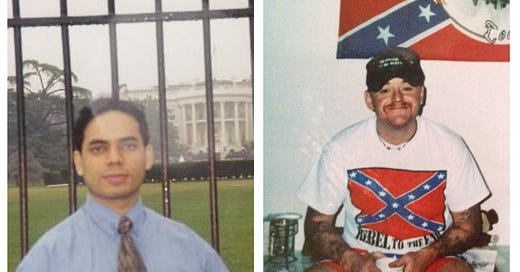




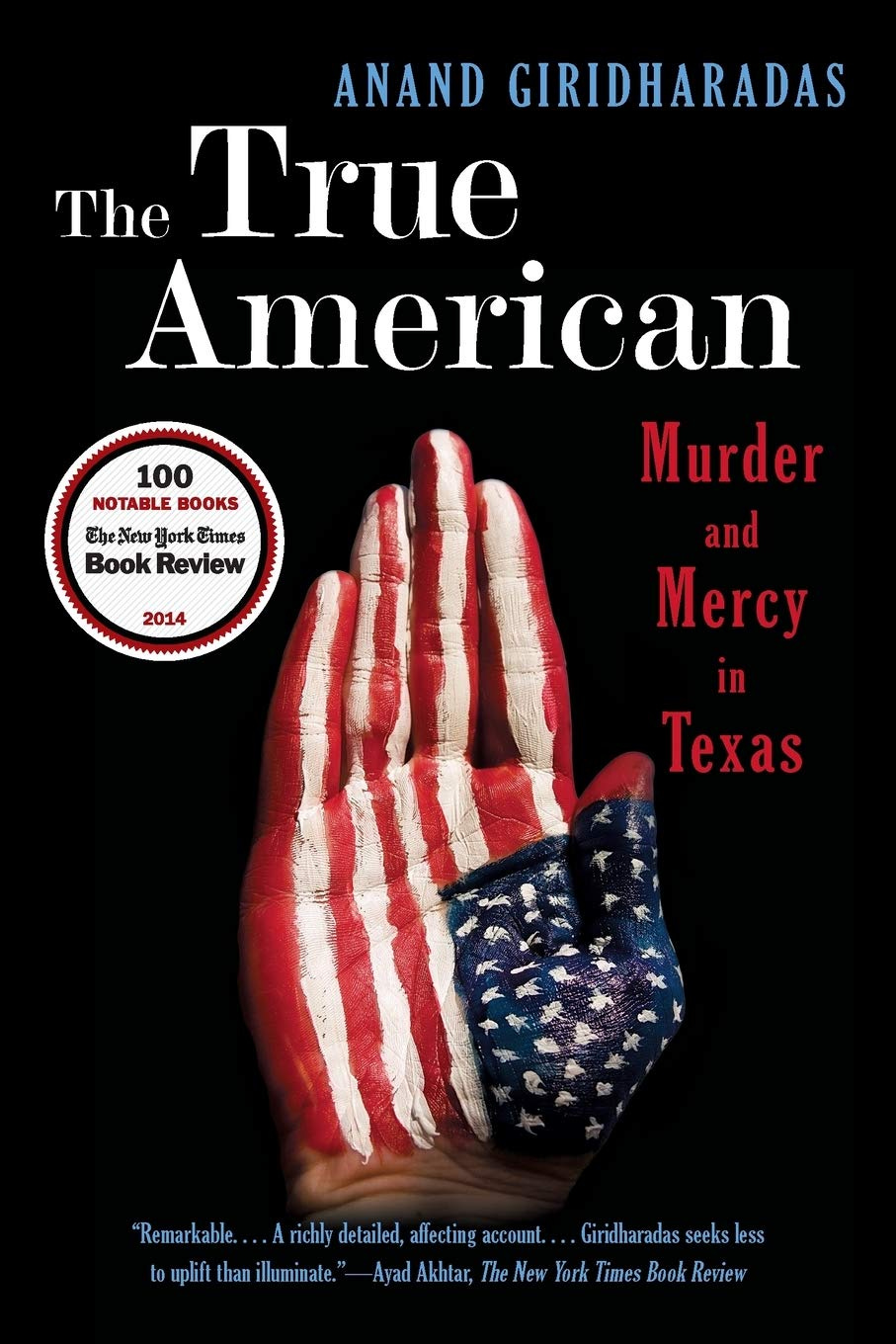

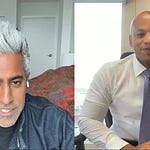
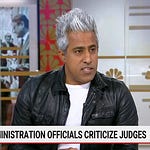
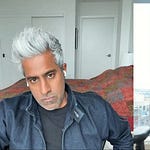
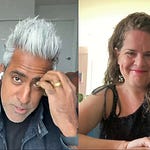
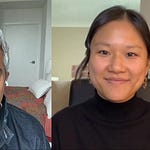
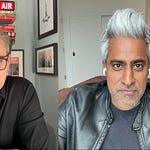
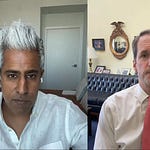
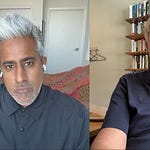
Share this post